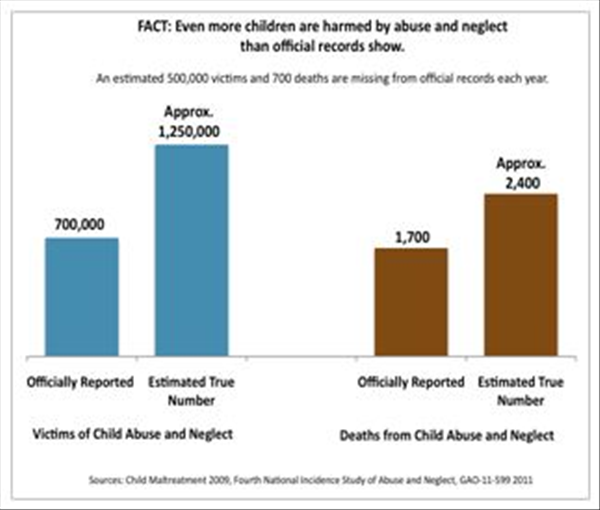In 1976, while a Medic in the Air Force, I worked as an orderly in a civilian hospital. In what was a rare instance, I was asked to spend the evening on the pediatric floor, sitting next to the bassinet of a 6-month-old baby girl with a broken leg. At the time I was unaware of the surrounding circumstances. Sometime later I learned that the same baby was brought back to the hospital, DOA – she was a victim of child abuse.
Some experiences are seared in our memories. As pastors and ministry leaders we often find ourselves in the middle of the searing process; whether we have had the arduous task of reporting an instance of abuse or counseling the abused, now grown.
But, we are not without hope, for we know that the One who knits within the womb sees each one and takes note of their need (Psalm 10 and 139). And it is this seeing, steadfast love, found in the cross that compels us to advocate on behalf of these little ones and help their young mothers.
There are some things we take for granted when a baby is born. The added stress of caring for another life should be, by God’s design, softened by the presence of a spouse and the guidance of parents and extended family members. Unfortunately, today, among many young expectant mothers, the father of the child is not a supportive figure if he is involved at all.
To make matters worse, many of these young women have little or no support from their own parents. The young mothers are caught in a terrible cycle of irresponsible living. And, while not a guarantee, this lack of support often leads to sad futures for both mother and child.
Research shows that incidents of child abuse and neglect are lowest in households with married parents. In a long-term study of 644 families in upstate New York, children living with a single parent were two times more likely to be physically abused than children living with both parents. Overall, as many as 700,000 incidents of abuse and neglect are reported each year, and these figures tell only part of the story. The General Accounting Office estimates that as many as 500,000 additional incidents escape documentation each year, due to missing data and poor reporting procedures among other factors (see chart.)

What is Home Visiting?
It’s a strategy in which a parent (often a single mom) volunteers to have a professional or paraprofessional – frequently a registered nurse – come into the home and offer guidance and support so that the mother can become the skillful parent God intended her to be. Research has shown that pairing nurses with young, poor women experiencing their first pregnancy can be very effective in reducing child abuse and neglect and improving parenting skills.

